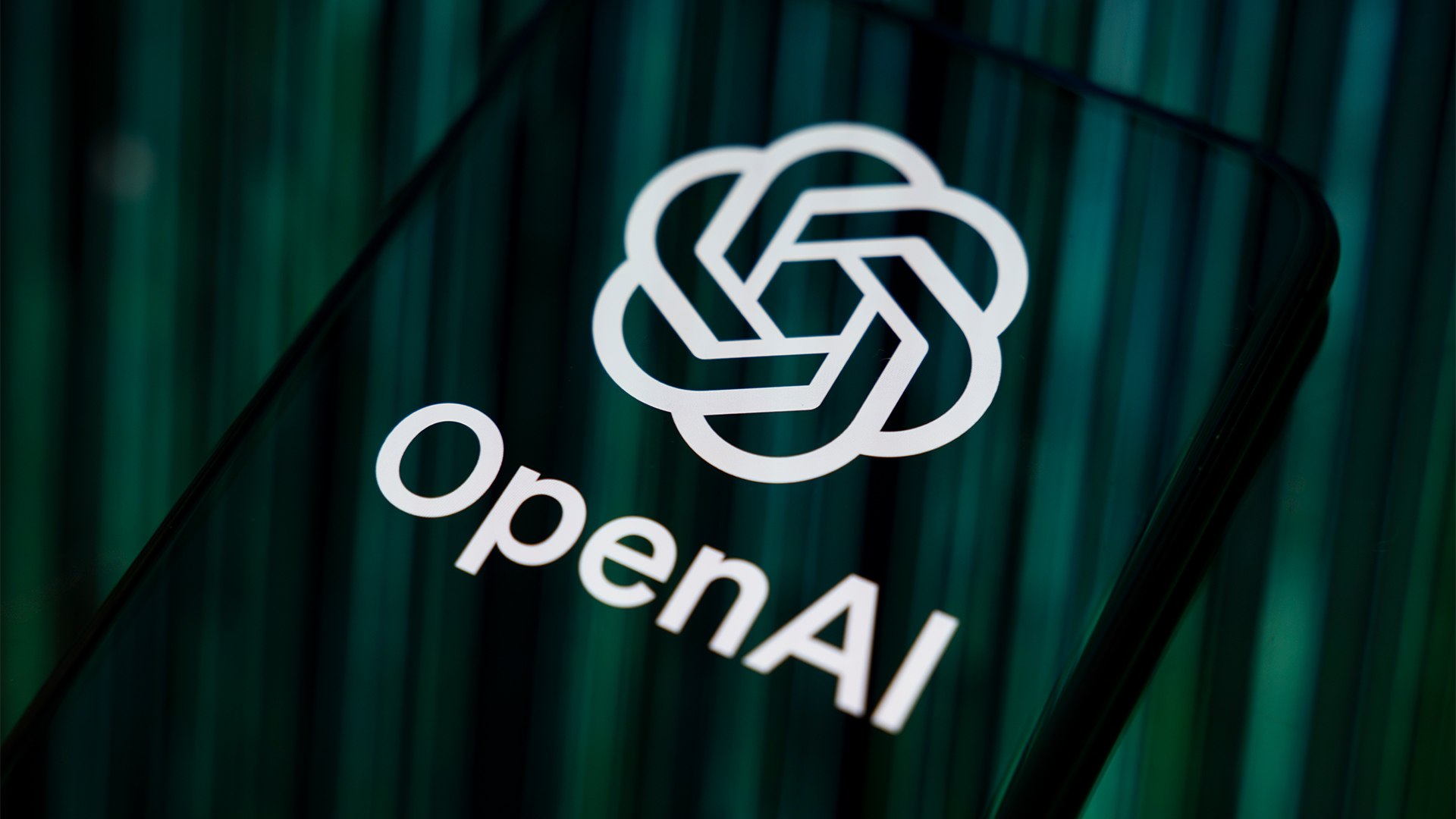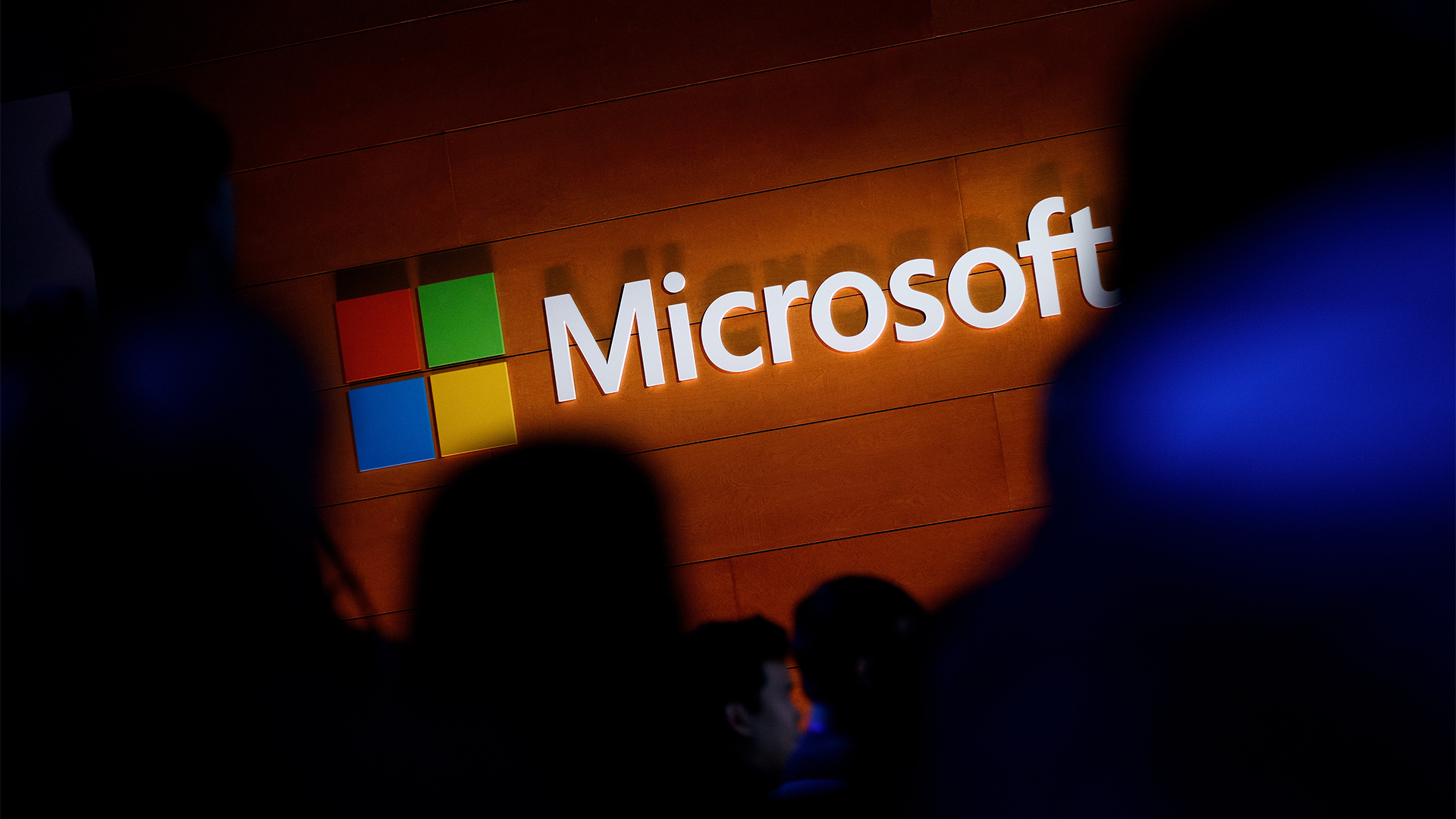Microsoft’s Mistral AI partnership has EU regulators concerned - here’s why
Microsoft has found its European champion in Mistral AI, but regulators worry the deal raises questions over the scope of control and influence the tech giant will have over the French startup


Microsoft’s multi-year partnership with Mistral AI has drawn the attention of European regulators amidst concerns over the extent of the deal between the two firms.
The partnership, officially unveiled this week, will enable Mistral AI to access Microsoft’s Azure and cloud-based AI infrastructure, in turn aiding the development and deployment of future Mistral large language models (LLMs).
The deal also represents an opportunity for Mistral AI to “unlock new commercial opportunities,” Microsoft said, through expanded access to global markets.
Microsoft revealed the partnership will focus on three key areas, including enabling Mistral to leverage the tech giant’s Azure AI supercomputing infrastructure to enhance the scale and performance of models.
Microsoft will also scale Mistral’s current offerings to market, making its premium offerings available to customers in the Azure AI studio and Azure Machine Learning model catalog, allowing Mistral to “promote, sell, and distribute their models to Microsoft customers worldwide.”
The partnership will allow for collaborative research and development, as the firms experiment with testing and training purpose-specific models for different customer bases, including “European public sector workloads.”
Mistral AI chief executive Arthur Mensch hailed the partnership as a “major milestone” for the French startup. In recent months, the company has positioned itself as a leading European contender to the US-based dominance in generative AI.
Sign up today and you will receive a free copy of our Future Focus 2025 report - the leading guidance on AI, cybersecurity and other IT challenges as per 700+ senior executives
Last year, Mensch targeted the goal of “creating a European champion” capable of competing with OpenAI and other major industry players.
RELATED WHITEPAPER

But while the partnership with Microsoft might represent a major seal of approval for the firm, regulators in the EU have flagged concerns over the scope of the deal.
Lawmakers in the union appear to have been broadsided by the announcement, and concerns have already been raised over Microsoft’s investment in the firm.
"The commission is looking into agreements that have been concluded between large digital market players and generative AI developers and providers," a spokesperson for the European Commission told Politico. "In this context, we have received the mentioned agreement, which we will analyze."
Initially, it was revealed the tech giant had pledged $16 million in funding for the Paris-based startup. But confusion over this followed after a Microsoft spokesperson told Reuters that it had invested in the firm without a stake.
Microsoft later clarified the investment would convert into equity in an upcoming fundraiser.
Alex Haffner, competition partner at UK law firm Fladgate said a key talking point for regulators in this instance is the “extent of Microsoft’s minority interest” in Mistral.
“EU merger control rules only bite if one party acquires a “decisive influence” over another, meaning in essence that they have the ability to influence the target’s business behavior through their rights as a shareholder or otherwise through any related contractual means,” he said.
Haffner added that lawmakers will be keen to establish the full extent of the relationship between the two firms following the deal.
“The likely initial questions European lawmakers will focus on is how the new deal works in practice and, more specifically, what rights Microsoft has acquired over Mistral in the context of the EU’s merger control framework/rules.”
Microsoft is no stranger to regulatory scrutiny
Microsoft’s relationship with partners in the generative AI space - specifically OpenAI - has been a source of contention in recent months.
In late 2023, competition regulators in the UK, US, and EU opened preliminary investigations into the relationship between the two companies amid concerns that the tie-up could harm competition in the artificial intelligence (AI) market.
A key factor in these investigations is the scale of Microsoft control over OpenAI activities. The UK’s Competition and Markets Authority (CMA) flagged concerns over whether Microsoft’s multi-billion-dollar investment in OpenAI amounts to an “acquisition of control.”
Similar views were flagged by both the Federal Trade Commission (FTC) and EU merger regulators, both of which noted that recent controversy surrounding OpenAI CEO Sam Altman’s ousting - and subsequent inclusion of Microsoft figures on the board - raise further questions about the scope of control.

George Fitzmaurice is a former Staff Writer at ITPro and ChannelPro, with a particular interest in AI regulation, data legislation, and market development. After graduating from the University of Oxford with a degree in English Language and Literature, he undertook an internship at the New Statesman before starting at ITPro. Outside of the office, George is both an aspiring musician and an avid reader.
-
 What is Microsoft Maia?
What is Microsoft Maia?Explainer Microsoft's in-house chip is planned to a core aspect of Microsoft Copilot and future Azure AI offerings
-
 If Satya Nadella wants us to take AI seriously, let’s forget about mass adoption and start with a return on investment for those already using it
If Satya Nadella wants us to take AI seriously, let’s forget about mass adoption and start with a return on investment for those already using itOpinion If Satya Nadella wants us to take AI seriously, let's start with ROI for businesses
-
 If Satya Nadella wants us to take AI seriously, let’s forget about mass adoption and start with a return on investment for those already using it
If Satya Nadella wants us to take AI seriously, let’s forget about mass adoption and start with a return on investment for those already using itOpinion If Satya Nadella wants us to take AI seriously, let's start with ROI for businesses
-
 Satya Nadella says a 'telltale sign' of an AI bubble is if it only benefits tech companies – but the technology is now having a huge impact in a range of industries
Satya Nadella says a 'telltale sign' of an AI bubble is if it only benefits tech companies – but the technology is now having a huge impact in a range of industriesNews Microsoft CEO Satya Nadella appears confident that the AI market isn’t in the midst of a bubble, but warned widespread adoption outside of the technology industry will be key to calming concerns.
-
 DeepSeek rocked Silicon Valley in January 2025 – one year on it looks set to shake things up again with a powerful new model release
DeepSeek rocked Silicon Valley in January 2025 – one year on it looks set to shake things up again with a powerful new model releaseAnalysis The Chinese AI company sent Silicon Valley into meltdown last year and it could rock the boat again with an upcoming model
-
 Microsoft CEO Satya Nadella wants an end to the term ‘AI slop’ and says 2026 will be a ‘pivotal year’ for the technology – but enterprises still need to iron out key lingering issues
Microsoft CEO Satya Nadella wants an end to the term ‘AI slop’ and says 2026 will be a ‘pivotal year’ for the technology – but enterprises still need to iron out key lingering issuesNews Microsoft CEO Satya Nadella might want the term "AI slop" shelved in 2026, but businesses will still be dealing with increasing output problems and poor returns.
-
 OpenAI says prompt injection attacks are a serious threat for AI browsers – and it’s a problem that’s ‘unlikely to ever be fully solved'
OpenAI says prompt injection attacks are a serious threat for AI browsers – and it’s a problem that’s ‘unlikely to ever be fully solved'News OpenAI details efforts to protect ChatGPT Atlas against prompt injection attacks
-
 OpenAI says GPT-5.2-Codex is its ‘most advanced agentic coding model yet’ – here’s what developers and cyber teams can expect
OpenAI says GPT-5.2-Codex is its ‘most advanced agentic coding model yet’ – here’s what developers and cyber teams can expectNews GPT-5.2 Codex is available immediately for paid ChatGPT users and API access will be rolled out in “coming weeks”
-
 OpenAI turns to red teamers to prevent malicious ChatGPT use as company warns future models could pose 'high' security risk
OpenAI turns to red teamers to prevent malicious ChatGPT use as company warns future models could pose 'high' security riskNews The ChatGPT maker wants to keep defenders ahead of attackers when it comes to AI security tools
-
 Microsoft quietly launches Fara-7B, a new 'agentic' small language model that lives on your PC — and it’s more powerful than GPT-4o
Microsoft quietly launches Fara-7B, a new 'agentic' small language model that lives on your PC — and it’s more powerful than GPT-4oNews The new Fara-7B model is designed to takeover your mouse and keyboard